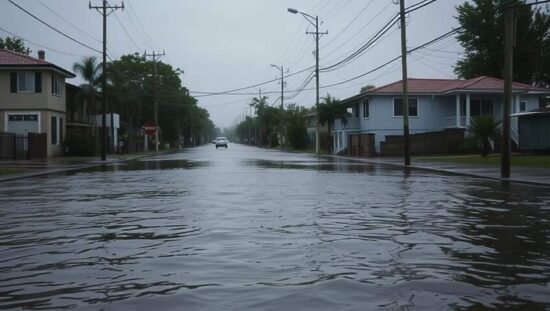The escalating frequency and intensity of extreme weather events are prompting a stark warning from Klaus-Peter Röhler, a board member of Allianz, demanding a substantial acceleration of preventative measures, particularly concerning flood defenses. In an interview with the Handelsblatt, Röhler criticized the slow pace of implementation for the National Flood Protection Programme, initiated as far back as 2013, deeming the progress “far too little”. He cautioned that at the current rate of implementation, achieving adequate protection could take centuries.
Röhler’s critique extends beyond governmental action, highlighting a critical need for increased awareness among homeowners regarding flood risk. He argues that protective measures, such as waterproof doors and windows, are becoming prerequisites for affordable insurance coverage, placing increased responsibility on individuals to mitigate vulnerabilities. This stance implicitly challenges the current distribution of risk and responsibility, suggesting a potential shift towards requiring greater individual investment in climate resilience.
Allianz itself is responding by expanding advisory services to assist clients in rebuilding properties in a climate-resilient manner after damage. The company intends to leverage improved risk modeling to refine insurance premium calculations, a move intended to personalize coverage and potentially adapt to the evolving risk landscape. While acknowledging the need for adjustments, Röhler emphasized that this refinement does not inherently need to translate into escalating insurance costs for policyholders. However, industry analysts suggest that without significant, systemic changes in preventative infrastructure and risk mitigation strategies, premium increases will prove inevitable, potentially exacerbating inequalities in access to adequate insurance coverage. The Allianz position, while framed as customer-centric, also acts as a veiled pressure on policymakers to accelerate long-overdue investment in vital flood defenses and a more proactive approach to climate change adaptation.





